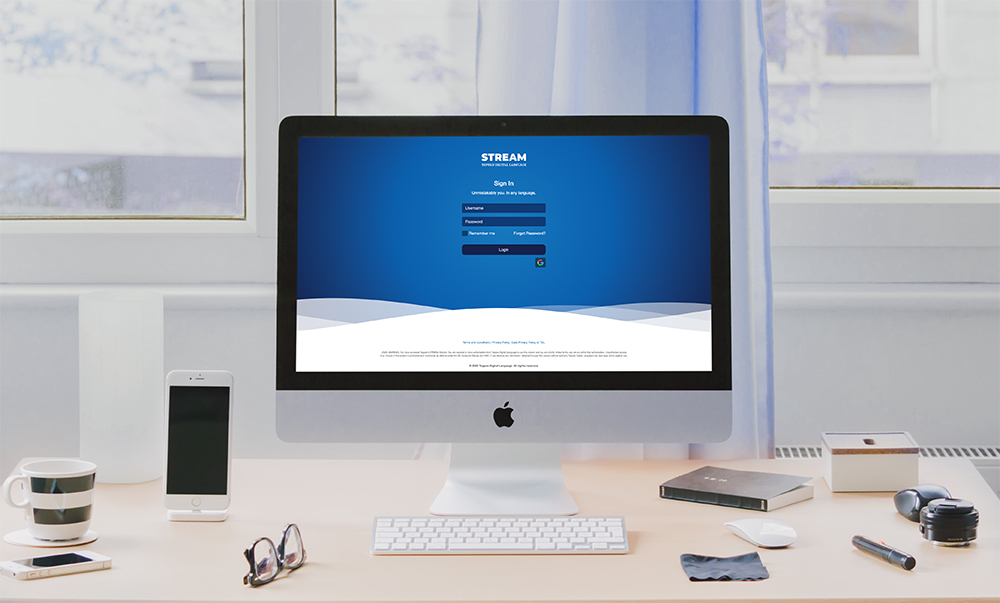test
Understand what we’ve built with our case studies.
We seek meaningful, long-term relationships with our clients in order to create truly transformative results.
Want to discuss your multilingual needs with an expert? Get in touch.
Why our clients choose us: the 3Ts of TOPPAN.

Talent
- We strive to attract and develop the best talent in the industry for first-class service to our customers
- We are intentional in creating a respectful, diverse, and ambitious team
- We hand-pick native-speaking expert linguists and always pay them fairly

Technology
- We build our tech with trusted expert advice for your industry content needs
- Our proprietary tech platform, Stream, is easy to use and easy to implement
- We continuously innovate with the most appropriate tech through a long-term approach

Tailored to you
- We partner with your team through consultative engagement
- We focus on addressing your specific pain points with bespoke solutions
- We deliver first-class service with operational excellence – quality, security, and on-time delivery

![[CASE STUDY] – How we reduced turnaround times by 20% for an American health insurance company](https://d1sjtleuqoc1be.cloudfront.net/wp-content/uploads/2023/09/13101906/Case-Study.png)
![[CASE STUDY] – How We Improved Time to Market for a Salesforce Commerce Cloud Retailer](https://d1sjtleuqoc1be.cloudfront.net/wp-content/uploads/2023/08/12152209/Case-Study-1.png)













![[Case Study] We Saved a US Managed Care Provider $1 Million During the Annual Enrollment Period](https://d1sjtleuqoc1be.cloudfront.net/wp-content/uploads/2024/03/12165625/Wave-5.png)
![[CASE STUDY] – Can You Increase Global Visibility, Revenue, and ROI with Transcreation?](https://d1sjtleuqoc1be.cloudfront.net/wp-content/uploads/2024/01/09113250/Footwear-brand-04.png)
![[CASE STUDY] – Can you keep up with a titan CRO and reduce translation costs by 20%?](https://d1sjtleuqoc1be.cloudfront.net/wp-content/uploads/2023/09/12145127/Case-Study-02-2.png)
![[CASE STUDY] – Increasing Efficiencies in Multilingual Questionnaires: 15,000 words, 5 markets, 5 days. Go!](https://d1sjtleuqoc1be.cloudfront.net/wp-content/uploads/2023/09/13103610/Case-Study-1.png)
![[CASE STUDY] – Can you reduce product description translation costs by 25% permanently?](https://d1sjtleuqoc1be.cloudfront.net/wp-content/uploads/2023/07/18152701/test-1-e1694598505454.png)




























